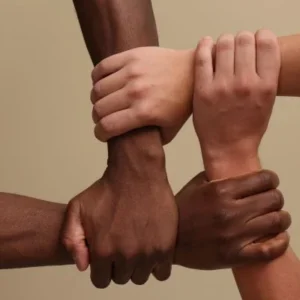On this World Humanitarian Day, tribute is paid to the countless humanitarians who risk—and too often lose—their lives while helping others. Women leaders and local responders, who stand at the frontlines of crises, face double threats: targeted both for their work and for who they are. This commemoration honours those killed in service and salutes those who continue to show up despite life-threatening dangers.
The call to #ActForHumanity carries greater urgency this year as humanitarian action is collapsing under the weight of rising violence, shrinking resources, and broken promises of protection. The past year has been one of the deadliest on record for humanitarian workers, with attacks escalating sharply. These deaths are not isolated incidents but the result of systemic failures such as impunity for violations of the rules of war, the erosion of respect for humanitarian principles, and a growing disregard for international humanitarian law.
The violence is further compounded by severe funding shortfalls. As of mid-August 2025, only 18 per cent of the requirements outlined in the Global Humanitarian Overview have been met. Women responders are among the hardest hit: a UN Women survey across 44 crisis settings revealed that 72 per cent of women-led organizations have laid off staff, and more than half have suspended programmes. This loss undermines essential services, increases violence against women, forces heavier unpaid care burdens, and strips away critical social protections.
The situation cannot be allowed to become the norm. Leaders are being urged to act decisively to protect humanitarian workers, especially women on the frontlines, and the civilians they serve. Adequate funding must be guaranteed to sustain lifesaving work, with resources directed to women-led and local organizations that are often first to respond and last to leave. Equally vital is ensuring women’s full participation and leadership in humanitarian decision-making, recognizing their essential role in shaping effective and inclusive responses.







